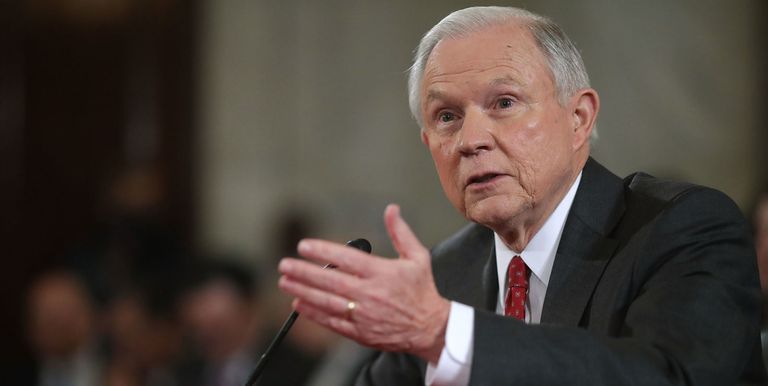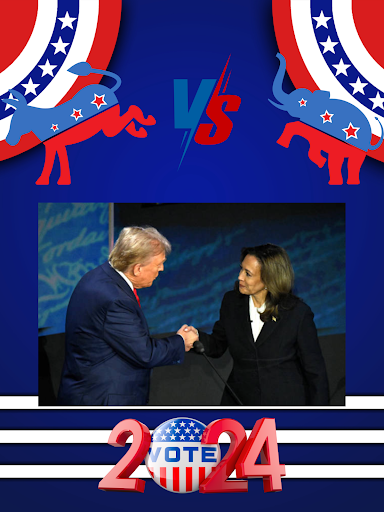The move to marijuana
On November 8, 2017, California legislature passed Proposition 64, making California the fifth state to legalize recreational marijuana after Colorado, Washington, Oregon and Alaska. Later that day, the Massachusetts and Nevada state governments passed similar legislation, taking steps toward legalizing marijuana throughout their respective states. This movement, prominent in liberal states, has caught the attention of the conservative White House administration and has provoked reactions from White House officials, more specifically Attorney General Jeff Sessions.
“I reject the idea that America will be a better place if marijuana is sold at every corner store,” Sessions said while speaking with law enforcement officers last March, according to Newsweek. “Our nation needs to clearly say once again that using drugs will destroy your life.”
Sessions has been publicly opposed to marijuana legalization since he took the office of Alabama Attorney General in 1995. Now, he is leading federal prosecutors in an attempt to keep the federal criminalization of marijuana enforced. Sessions sent a memo to California legislatures shortly after the legalization bill was passed regarding the threat of marijuana to public safety. This served as a plea to California to reconsider legalizing recreational marijuana, but also as a warning of the federal interference to come. This interference is making the issue of legalization go beyond political differences, and it is now an issue of state versus federal power.
“It used to be if your state legalized something you were selling you’d be okay,” AP Government teacher Kevin Phillips said. “It wasn’t necessarily easy because of things like banking deposits and taxes, but you knew you’d be legally okay. Now what [Sessions] is saying is, ‘No, I’m stepping in, you’re not okay.’ If you’re operating in an area where you could go to jail, that’s gonna make it a lot less appealing to investors.”
Sessions’s focus on California, while not paying as much attention to the other states in the midst of the legalization process, can best be explained by the state’s population. More than 10 percent of the country’s population resides in California, which means the actions of the California state government have a large influence on the United States as a whole. However despite this focus, some believe Sessions is taking a rather passive approach with enforcement. Instead of ordering the federal prosecutors to start cracking down on marijuana distribution and use, Sessions hsa given them discretion to enforce anti-marijuana legislation, creating a sense of uncertainty.
“[Former Attorney General] Eric Holder instructed the Justice Department not to prosecute people using marijuana in states that had [legalized it],” Mr. Phillips said. “Jeff Sessions didn’t reverse that. He didn’t say that they should start prosecuting, they just can if they want to. His goal is to make it so that people are uncomfortable in the states that legalized marijuana.”
The power struggle between the Trump administration and the California state government is reminiscent of events in the country’s past. The conflict of state versus federal power, especially when it comes to legislature, is nothing new to American politics, the level of partisanship involved in this struggle over federalism has only been seen a few times during the history of the United States. These instances resulted in times of great division in the United States, an example being the period leading up to the Civil War.
This division can be seen again now, with neither California nor the Trump administration yielding. Eventually, one side of this struggle will emerge victorious. However there has been a historical precedent of the national government claiming power in these instances, nothing is decided yet. For now, the American people are left in suspense.
“Until a [federal] law is repealed or changed, that law does override any state marijuana legalization,” junior Hannah Dembosky said. “But [marijuana] is something that is usually dealt with at the state level, so if they want to make it a federal issue they should actually enforce it in that way.”













